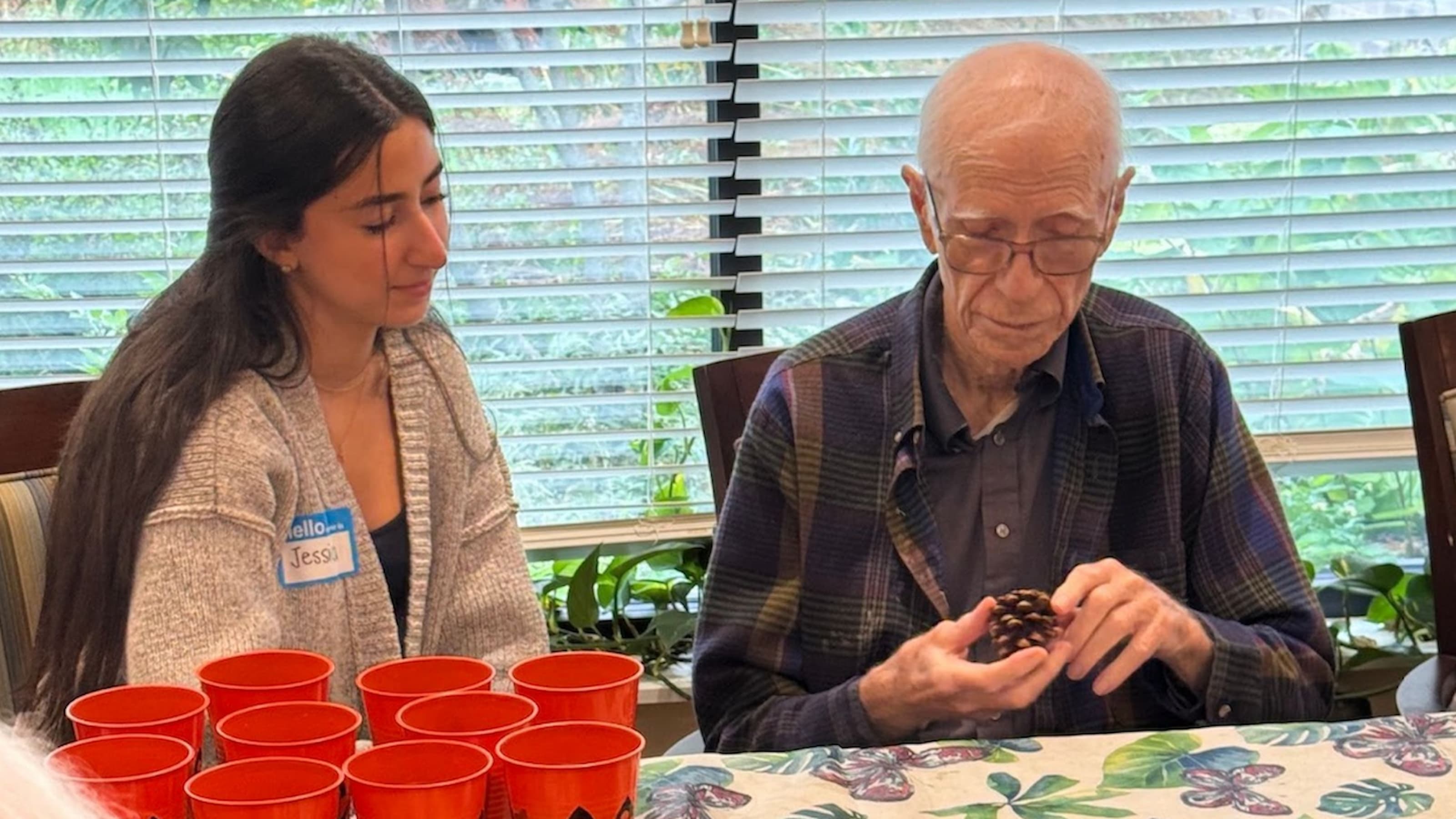Student Volunteers Continue Tax Prep Program Despite Pandemic-related Obstacles
After classes moved online due to the COVID-19 outbreak, students in Saint Joseph’s VITA tax prep program pivoted quickly to continue to serve the community.

For more than 25 years, accounting students at Saint Joseph’s University have participated in the IRS-sponsored Volunteer Income Tax Assistance (VITA) program to help deliver tax preparation services to a range of individuals in the local community. Founded in 1971, VITA seeks to help individuals with low- to moderate incomes, the elderly, people with disabilities, or taxpayers with limited English skills with the preparation and filing of tax returns.
“It’s a great program that allows the students to really connect with and assist our local community,” says Saint Joseph’s visiting professor Frederick C. Teufel, Jr., ‘81, ‘10 (M.B.A.), faculty sponsor of the University’s VITA program. “In 2019 alone, our students prepared over 300 returns for low-income and elderly taxpayers in the area.”
And in preparing all those returns, accounting students get an invaluable opportunity to apply what they have learned in the classroom in a real-world scenario, says Chelsea Covaleskie ‘22.
“One of the best aspects of the VITA program is that it really is a two-way street, Covaleskie says. “Not only do people in the community benefit from the tax services, but we as students get a chance to give back while also honing valuable skills that will make us better at our future jobs.”
The St. Joe’s VITA program typically pauses during the University’s spring break. But once instruction moved online due to the COVID-19 outbreak, it became clear that most students wouldn’t be returning to campus at all. There were four weeks of the program left, and Teufel feared that the most logical option would be to cancel, since students would no longer be available for face-to-face appointments.
“I started to call our student volunteers fully expecting to hear that, yes, they agreed we should shut down the program,” says Teufel. “After six years teaching at my alma mater, though, I probably should have known better. All of the students unanimously agreed to deliver on the program’s commitment to scheduled taxpayers.”
So the program moved to a phone-based service, taking steps to uphold IRS quality standards and make sure taxpayers’ personal information would be secure. Shifting to a phone-based model also took into account that many of the taxpayers served by VITA might be limited in their knowledge of or access to technology.
Once the switch was made from an in-person to an over-the-phone service model, Abigail Base ‘23 says participants also had to adapt their work styles.
“The program is already pretty hands-on,” said Base. “We’re working with both community members as well as our fellow classmates, so collaboration is a must for success. I was a little skeptical at first, but I think we’ve handled this transition well while still providing this much-needed service.”
Teufel says it was inspiring to see the students come together to design a solution to continue the program.
“By thinking on their feet and acting selflessly, our students are helping scores of low-income taxpayers in our area access their much-needed refund dollars as quickly as possible,” says Teufel. “As a professor and an alum, it makes me proud to see St. Joe’s students serving others and being a part of something bigger than themselves.”



